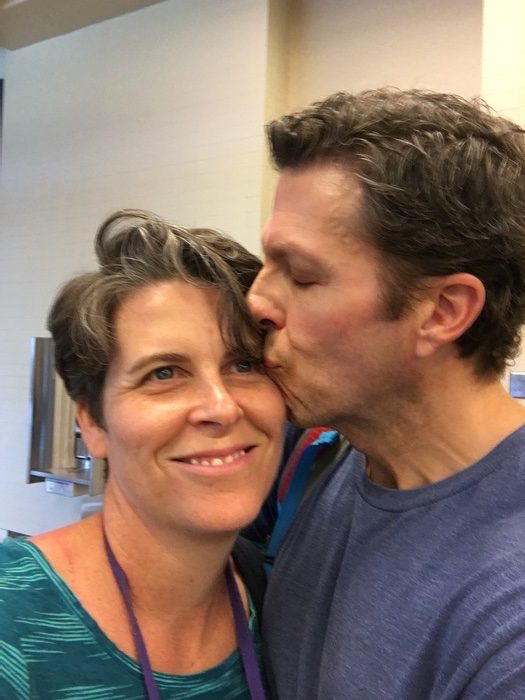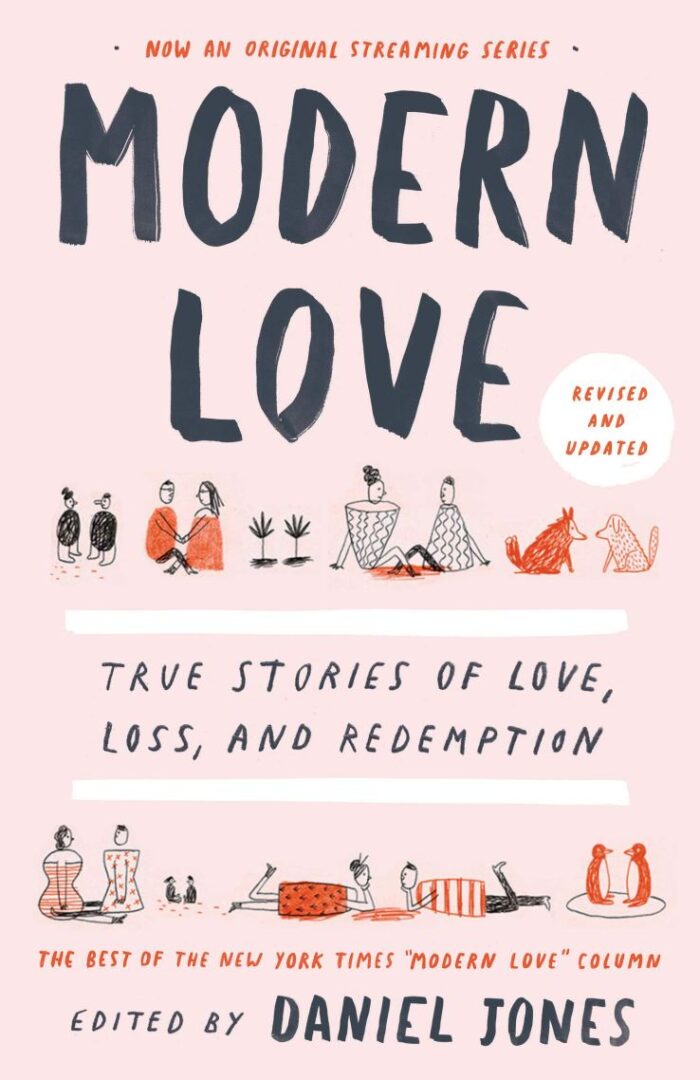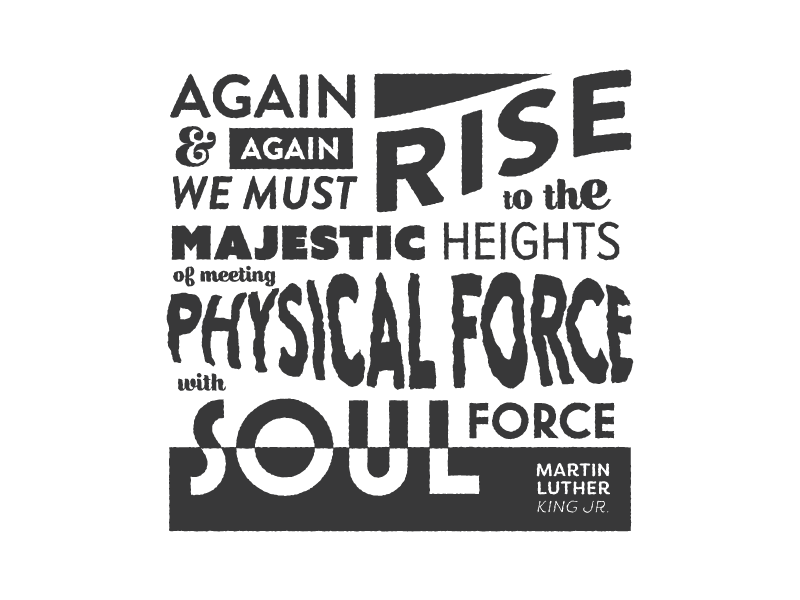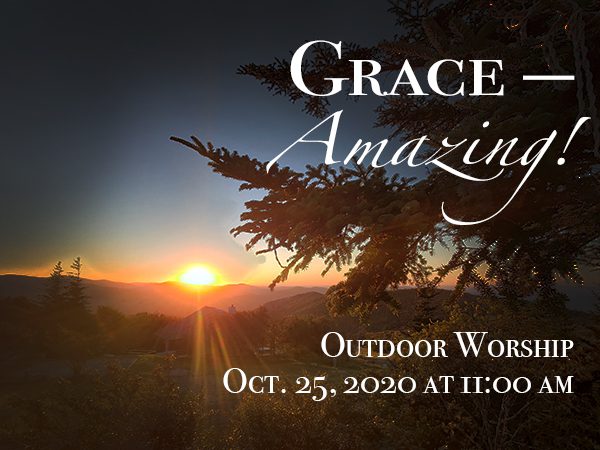The Many Faces of Love
Lory Beth Huffman
Senior Pastor

Happy Valentine’s Day! I realize for some this is a day of great joy. For others it brings sadness and heartbreak. And for others, it’s just another day. For those of us who have been married 20+ years it is far too tempting to fall into that last category. I’m thankful for my husband and the way that I can look at him across a room of people and my insides feel like they are smiling. When he kisses me on the forehead, it reminds me of our second date when he kissed me goodbye in that same way and I was smitten.


But today I want to reflect on all of the many faces of love that we can see in the relationships around us. I watched this interesting show on Amazon Prime called Modern Love that is based on the New York Times popular newspaper column by the same name. It consists of an anthology of episodes based on a variety of expressions of love in all of its complicated and confusing possibilities. For instance the first episode is about the special relationship between the big city doormen and the young single woman far from family that live in their buildings. Often these older doormen take special care of the young ladies, serving as father figures. A sweet love and care for others that has nothing to do with sexual attraction.
One episode explores the challenge of dealing with being bi-polar and trying to date. You never know who is going to show up at the door and the challenge of finding someone that can care for and love someone in that difficult place. A friendship with a co-worker ends up being the love that is needed to seek the stabilizing help for this person. By the way, these episodes are based on columns which are all based on actual people’s stories.
There is the challenge of understanding love in a marriage under stress where two people have drifted apart. An there’s the love that happens in the senior years between Septa and Octogenarians. You get the point. Some of the expressions of love the columnist wrote about are uncomfortable and complicated like the episode about the young woman who sees the older man in her work place as a father figure that she never had in her own life. While the English language only has one word for love, there are 8 words for love in the Greek language. Modern Love reminded me of these various expressions.
Eros (romantic, passionate love)
The first kind of love is Eros, named after the Greek God of fertility. Eros is passion, lust and pleasure. The ancient Greeks considered Eros to be dangerous and frightening as it involves a “loss of control” through the primal impulse to procreate. Eros is an intense form of love that arouses romantic and sexual feelings.
Philia (affectionate love)
The second type of love is Philia, or friendship. Plato felt that physical attraction was not a necessary part of love, hence the use of the word platonic to mean, “without physical attraction.”
Agape (selfless, universal love)
The third is Agape, selfless universal love, such as the love for strangers, nature, or God. This love is unconditional, bigger than ourselves, a boundless compassion and an infinite empathy that you extended to everyone, whether they are family members or distant strangers.
Storge (familiar love)
Storge is a natural form of affection experienced between family members. This protective, kinship-based love is common between parents and their children, and children for their parents. Storge can also describe a sense of patriotism toward a country or allegiance to the same team.
Mania (obsessive love)
When love turns to obsession, it becomes mania. Stalking behaviors, co-dependency, extreme jealousy, and violence are all symptoms of Mania.
Ludus (playful love)
The Ancient Greeks thought of ludus as a playful form of love. It describes the situation of having a crush and acting on it, or the affection between young lovers.
Pragma (enduring love)
Pragma is a love built on commitment, understanding and long-term best interests. It is a love that has aged, matured and about making compromises to help the relationship work over time, also showing patience and tolerance.
Philautia (self love)
The Greeks understood that in order to care for others, we must first learn to care for ourselves. As Aristotle said, “All friendly feelings for others are an extension of a man’s feelings for himself.”
-Greek City Times
I guess today on Valentine’s Day I am struck by how often we talk about loving others in the life of the Christian Church and how on Valentine’s Day we should be celebrating more than just our romantic, “eros” loving relationships. My hunch is that maybe some of our non-romantic loving relationships are what help sustain us most during the difficult times of life. The love we have for our family and for our friends are necessary forms of support day in and day out. Of course there is the Love that God showers upon us filled with grace and blessing. The mature love of a marriage that has survived the decades can teach us more about how God loves us day in and day out than any Romantic Comedy or grand gesture of passion or romance.
Take a moment today and tell someone that you are not in a romantic relationship with that you love them. Recognize the many faceted forms of love in your own life. And then know that those are examples of the gift God has given you in your life and what God longs for you to nurture and sustain. Because God knows how necessary this gift of love is for us to thrive as children of God.
Hey brothers and sisters in Christ – I love you.
Grace and Peace,
Lory Beth
RECENT POSTS FROM Faith Meets Life





